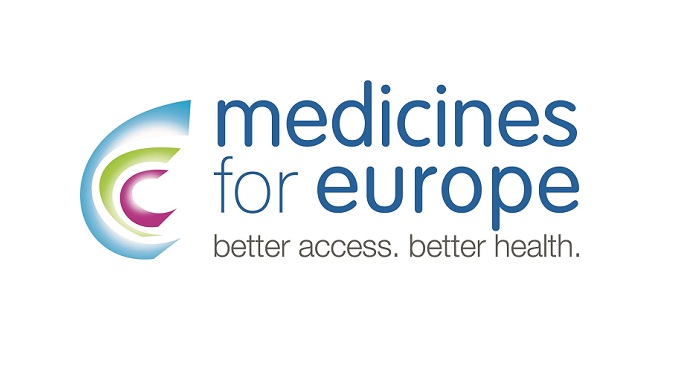Health systems have been severely jolted by COVID-19, causing widespread disruption to the provision of health care worldwide. As countries shift to investment in healthcare system recovery and ongoing management of COVID-19, off-patent medicines will be critical to their success.
Off-patent medicines provide gold standard care for the majority of patients to manage chronic conditions worldwide. Generic medicines have been a game changer for cardiac, cancer and bacterial infection control, while biosimilar medicines have improved the lives of those living with inflammatory conditions and certain cancers. The future looks personalised with smart innovation on existing molecules, bringing value added medicines to the centre of patient care.
As health systems develop recovery plans from the pandemic, it is essential that off patent medicines become the focal point of pharmaceutical policies. We have learned valuable lessons from economic crises of the past, including the detrimental impact of cost containment measures. As we look to rebuild from COVID-19, only sustainable policies based on medicines use and uptake, and their value for health systems and patients should under pin future reforms.
Speaking at the Medicines for Europe-IGBA annual conference, Medicines for Europe Interim President Rebecca Guntern commented “The off-patent medicines industry mobilised like never before during COVID-19 and we can be truly proud that we kept supplies of critical medicines going in the face of unprecedented challenges. The focus now should be on making sure that the recovery response is equally strong and thought through, integrating the lessons we all learned in the crisis. Off-patent medicines have always been the foundation of ensuring equitable access, but this is even more so now as we work together to rebuild our healthcare systems. We look forward to being an integral part of that discussion, particularly through the new EU Pharma Strategy and EU Beating Cancer plan”.
President of PEF, Theodore Tryfon added “In Greece, we have seen how extreme cost containment measures on medicines do not work. Pharmaceutical policies should focus on the value brought to patients and health systems. Europe needs to build on its existing medicine production capacity and support investments that generate new jobs, ensure patient access to affordable medicines and maintain healthcare systems sustainability.”
IGBA Chair Sudarshan Jain concluded “The issue of global cooperation in health has never been as needed and prolific as it is now. We must keep this momentum going and ensure that all stakeholders in the healthcare systems of all regions collaborate beyond COVID-19. This is also an important moment in history for regulatory harmonisation and reliance, embracing the digital agenda in healthcare and developing smart health and trade policies world wide.”
Medicines for Europe
Medicines for Europe represents the generic, biosimilar and value-added medicines industries across Europe. Its vision is to provide sustainable access to high quality medicines, based on 5 important pillars: patients, quality, value, sustainability and partnership. Its members directly employ 190,000 people a t over 400 manufacturing and 126 R&D sites in Europe and invest up to 17% of their turnover in R&D investment. Medicines for Europe member companies across Europe are both increasing access to medicines and driving improved health outcomes. They play a key role in creating sustainable European healthcare systems by continuing to provide high quality, effective generic medicines, whilst also innovating to create new biosimilar medicines and bringing to market value added medicines, which deliver better health outcomes, greater efficiency and/or improved safety in the hospital setting for patients.



















